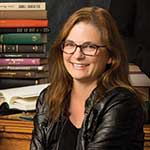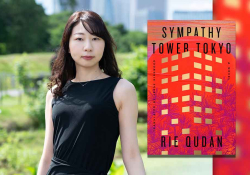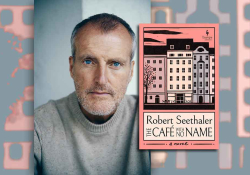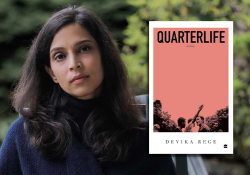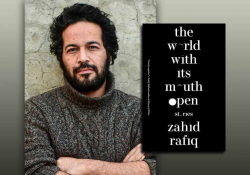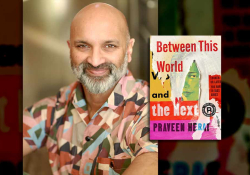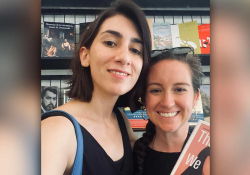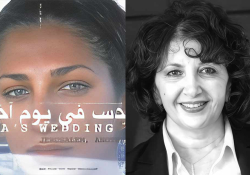“To Be Free You Need a Lot of Rules”: 5 Questions for Chiara Valerio
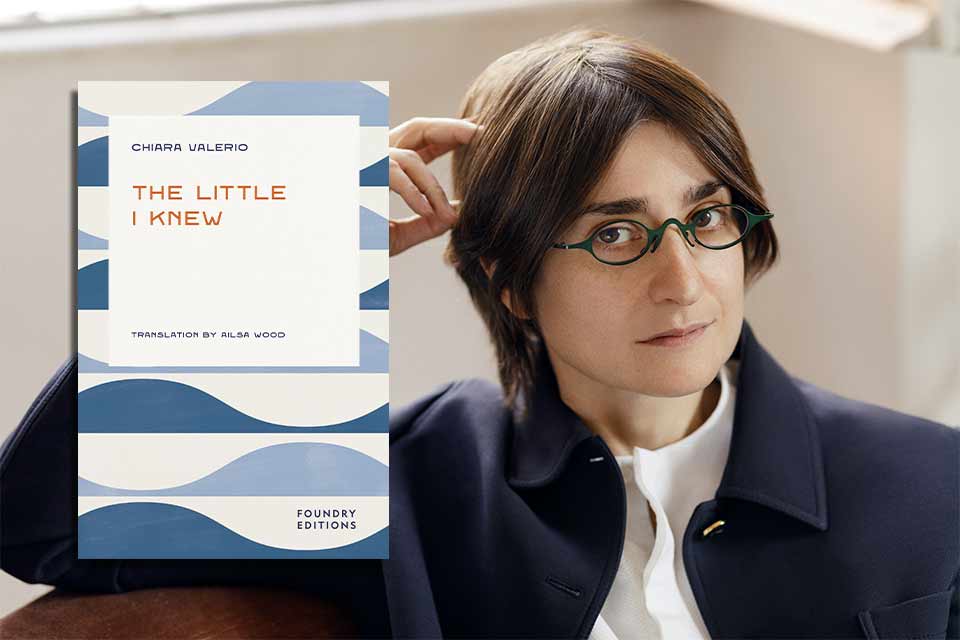
In The Little I Knew, a woman dies in her bathtub in a provincial seaside Italian town. As new pieces of her life come to light in the days following her death, Lea, the town lawyer, wonders if anyone in the town really knew anything about the deceased. Lea begins investigating and winds up questioning her own desire. The novel was a best-seller in Italy and was published by Foundry Editions in June 2025 in Ailsa Wood’s English translation.
Q
After running through what she knows about Vittoria, Lea thinks, “Who your friends are tells us who you are. You can be judged by your friends.” Do you agree with this? If so, what do your friends tell us about you?
A
That I like to drink wine, and gin and tonics. That I like to argue, as if we were still in high school. That I am unfaithful but trustworthy. That I make fun of everything and everyone. That I don’t think friendship depends on being the same age. That sometimes, perhaps often, I am five years old.
Q
You translated several of Virginia Woolf’s books into Italian. How did translating Woolf shape your understanding of her or her work? Is there something people generally miss that you discovered while reading her as a translator?
A
Translating is like reading more deeply. By translating Woolf, I better understood what I had intuited by reading, namely the great lightness, brightness, comicality of Woolf’s gaze. Her glance and her ability to transfer onto the page the fact that conversations break down, every day, even those that interest us.
Q
In addition to writing and translating, you’re a mathematician. Does your background in math affect or inform your writing and translating, or is it unrelated?
A
Everything I have done, seen, studied, misunderstood has bent and bends my writing. From mathematics, I have learned that everything passes, everything changes, and there are no truths or authorities that are perennial and apply everywhere. I think I learned from mathematics that to be free you need a lot of rules. And also to be true.
Q
What cultural offering or trend has recently captured your attention?
A
People doing jumps from one building to another on Instagram. The ancient trend of the attraction for hollowness. There are also young women jumping.
Q
Elsewhere in this issue, we have a special section dedicated to artificial intelligence and the arts. Here in the US, AI is a heated topic—whether to fear it, embrace it, or find some compromise. How do you view AI?
A
A few years ago, I wrote an essay entitled “Technology Is Religion” (Einaudi, 2023), where I emphasized how much we address AI with the same vocabulary with which we address deities. I think it is a tool. I also think we ask a lot of questions because these machines talk. It is the old Alan Turing question, not Do machines think? but Can you recognize if you are talking to a machine? If the answer is no, then we will no longer need to recognize the human and evolution will take that direction.
Chiara Valerio was born in Scauri in 1978 and lives in Rome. The author of several novels and collections of essays and short stories, she is the Italian fiction editor at Marsilio and works for Rai Radio 3. She is also a contributor to La Repubblica, L’Espresso, and Vanity Fair.

